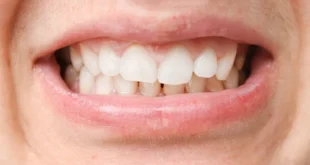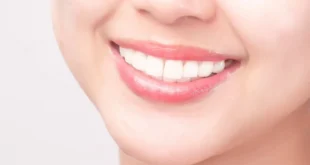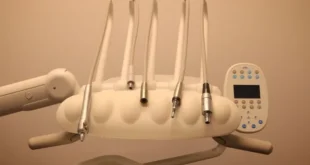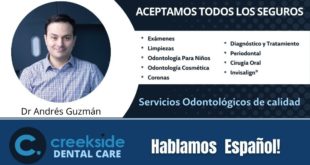Brushing your teeth is an essential part of maintaining good oral hygiene, Can you brush your teeth too much? In this article, we’ll explore the potential risks of overbrushing, how to maintain a proper brushing routine, and when to seek advice from a dentist.

1. What is Overbrushing?
Overbrushing, also known as excessive tooth brushing, occurs when individuals brush their teeth too frequently or with too much force. While regular brushing is crucial for removing plaque and preventing tooth decay, overbrushing can lead to various dental problems.
2. Signs of Overbrushing:
- Gum Recession: Overbrushing can cause the gums to recede, exposing the sensitive roots of the teeth.
- Tooth Sensitivity: Excessive brushing can wear down the protective enamel layer, leading to increased tooth sensitivity.
- Gum Irritation: Aggressive brushing can irritate the gums, causing redness, swelling, and bleeding.
- Tooth Damage: Over time, overbrushing can wear down the tooth enamel, leading to dental erosion and increased risk of cavities.
3. Causes of Overbrushing:
Several factors may contribute to overbrushing, including:
- Misconceptions: Some people believe that brushing more frequently will lead to cleaner teeth, leading to overbrushing habits.
- Aggressive Brushing Technique: Using excessive force or brushing with a hard-bristled toothbrush can contribute to overbrushing.
- Compulsive Behavior: Individuals with compulsive tendencies or obsessive-compulsive disorder (OCD) may engage in excessive brushing as a form of ritualistic behavior.
4. How to Prevent Overbrushing:
To prevent overbrushing and maintain optimal oral health, consider the following tips:
- Use a Soft-Bristled Toothbrush: Choose a toothbrush with soft bristles to minimize damage to the enamel and gums.
- Brush Gently: Use gentle, circular motions to clean the teeth and gums, avoiding vigorous scrubbing.
- Brush for the Recommended Time: Brush your teeth for two minutes, twice a day, as recommended by dental professionals.
- Avoid Abrasive Toothpaste: Use toothpaste with fluoride and avoid abrasive ingredients that can contribute to enamel erosion.
5. When to See a Dentist:
If you experience any signs of overbrushing or have concerns about your brushing habits, it’s essential to consult with a dentist. They can evaluate your oral health, provide personalized recommendations, and address any underlying issues contributing to overbrushing.
While maintaining a consistent brushing routine is crucial for good oral health, it’s essential to strike a balance and avoid overbrushing. By using a soft-bristled toothbrush, brushing gently, and following the recommendations of dental professionals, you can keep your teeth and gums healthy without risking damage from excessive brushing. If you have any concerns about your brushing habits or experience signs of overbrushing, don’t hesitate to seek advice from a dentist for personalized guidance and support.
 Latinos en Alberta Directorio de negocios en Alberta
Latinos en Alberta Directorio de negocios en Alberta





